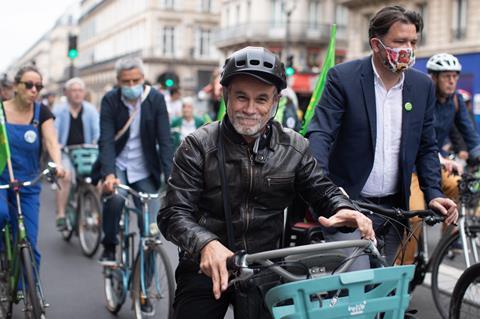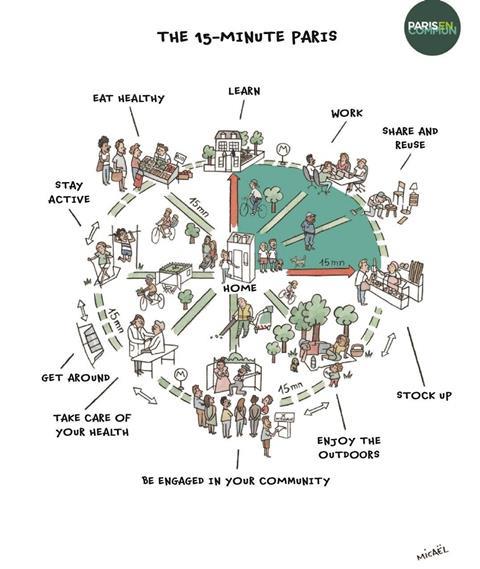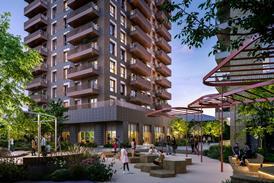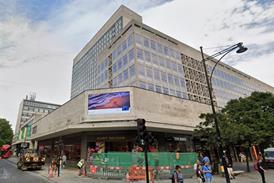Carlos Moreno lauded by Obel Award judges for sustainable urban future model

A sustainable urban living model centred on the idea that city residents should be able to access all of their daily living needs within a 15-minute walk or cycle ride has won the €100,000 Obel Award.
Judges said Carlos Moreno’s 15-minute city vision was “beautiful and intuitive” and had the potential to vastly improve the lives of hundreds of millions of people worldwide, as well as helping to create a healthier planet in the process.
The model calls for cities to be designed, or redesigned, so that housing, work, food, education, health services, culture and leisure are in much closer proximity – greatly reducing car traffic, CO2 emissions and increasing residents’ health and wellbeing. Moreno describes it as “chrono-urbanism”.
Moreno is a professor at the University of Paris 1 Panthéon-Sorbonne. In 2015 he was appointed as a “special envoy” on smart cities to Mayor of Paris Anne Hidalgo. The 15-minute city model has been trialled in the French capital and is also being implemented in the Chinese city of Chengdu as well as Melbourne, Australia.
Obel Award jury chair Martha Schwartz, who is a landscape architect, said Moreno shared the vision of protecting the environment and making life better for people with the award’s two previous winners – Junya Ishigami in 2019 and Studio Anna Heringer last year.
“We are living in a time of urgency to make a change and live more efficiently,” she said.
“The 15-minute city addresses the need for us to rethink how our cities can be reimagined, redesigned, and regenerated for the primary benefit of people and the environment. The 15-minute city is a real step towards the future – a bold and needed perspective.”
Moreno said he believed the award was a “triple recognition”.
“On the one hand, it is a recognition of my academic work, but secondly, it is a recognition of the international movement generated by the 15-minute city. And thirdly, it is a recognition of the commitment by different mayors around the world in embracing the 15-minute city.”

Presented annually by the Henrik Frode Obel Foundation, the Obel Award aims to honour recent and outstanding architectural contributions to human development all over the world.
It classifies architectural contributions broadly, identifying them as any contribution that helps change physical, designed environment for the common good. It is given to works or projects from the past five years.
In addition to the €100,000 prize money, winners also receive a work by artist Tomás Saraceno.
















No comments yet